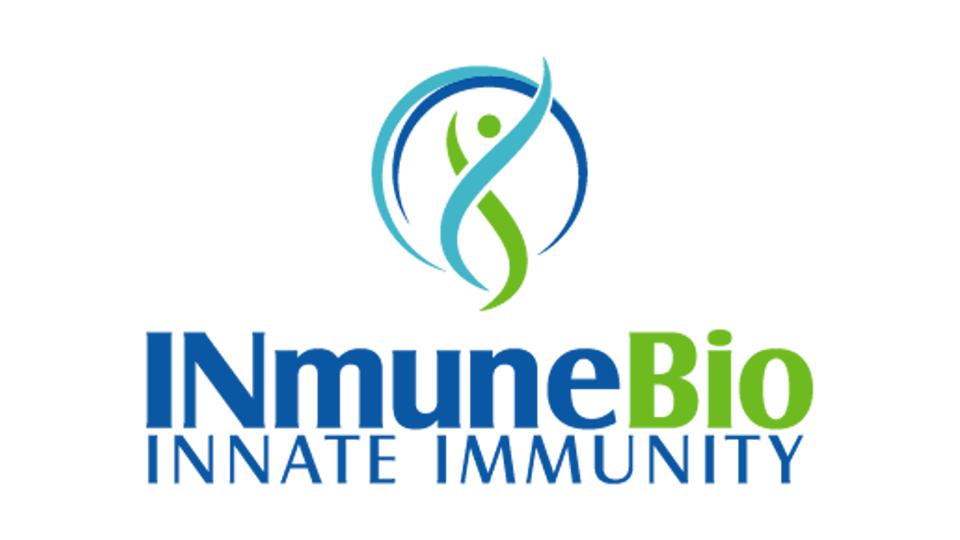INmune Bio slumps on midstage fail for Alzheimer's drug

Shares in INmune Bio lost almost two-thirds of their value in premarket trading this morning as it emerged that its drug candidate for Alzheimer's disease flunked a highly anticipated phase 2 trial.
The MINDFuL trial is testing INmune's XPro, described as a new-generation TNF inhibitor that targets soluble forms of the cytokine, which aims to dampen down inflammation in the central nervous system.
The study, which enrolled 208 patients with early Alzheimer's and markers of increased neuroinflammation, was unable to meet its primary objective of showing an improvement in cognitive function using the early mild Alzheimer's cognitive composite (EMACC) scale over 24 weeks of follow-up. With an effect size of 0.05 in favour of the placebo group.
Shares in INmind were down nearly 62% at the time of writing, despite efforts by the company to put a positive spin on the result by highlighting the results of a 100-strong predefined population of amyloid-positive early AD patients with at least two biomarkers of inflammation.
In this group, there was a benefit on "cognitive, behavioural, and biological endpoints" compared to placebo, according to the company.
That included a 0.27 effect size on the EMACC scale, which INmune said tops the threshold of 0.2 or more thought to provide evidence of potential efficacy in early-stage Alzheimer's. Added to that, XPro also reduced blood levels of pTau217, a biomarker for Alzheimer's.
The drug was also fairly well tolerated with no deaths, drug-related hospitalisations, or organ system toxicity, although there was a high rate of injection site reactions, which were seen in almost 80% of patients taking the drug.
INmune is hoping to show that XPro can offer a new mechanism of action in Alzheimer's, which at the moment can be treated with drugs that boost neurotransmitters and/or anti-amyloid therapies, which have modest benefits.
In the case of the amyloid drugs, Eisai Biogen's Leqembi (lecanemab) and Eli Lilly's Kisunla (donanemab) – there are also risks of potentially serious side effects like brain swelling and bleeding which were not seen with XPro.
Despite the opt-line miss, Boca Raton-based INmune's chief executive Raymond Tesi said that the data highlights "the potential of XPro" and suggested the drug "may offer benefits to Alzheimer's patients across all age groups, regardless of comorbidities, additional medications, or ApoE4 status."
Additional results from the study will be presented later this month at the Alzheimer's Association International Conference (AAIC) in Toronto, Canada.












